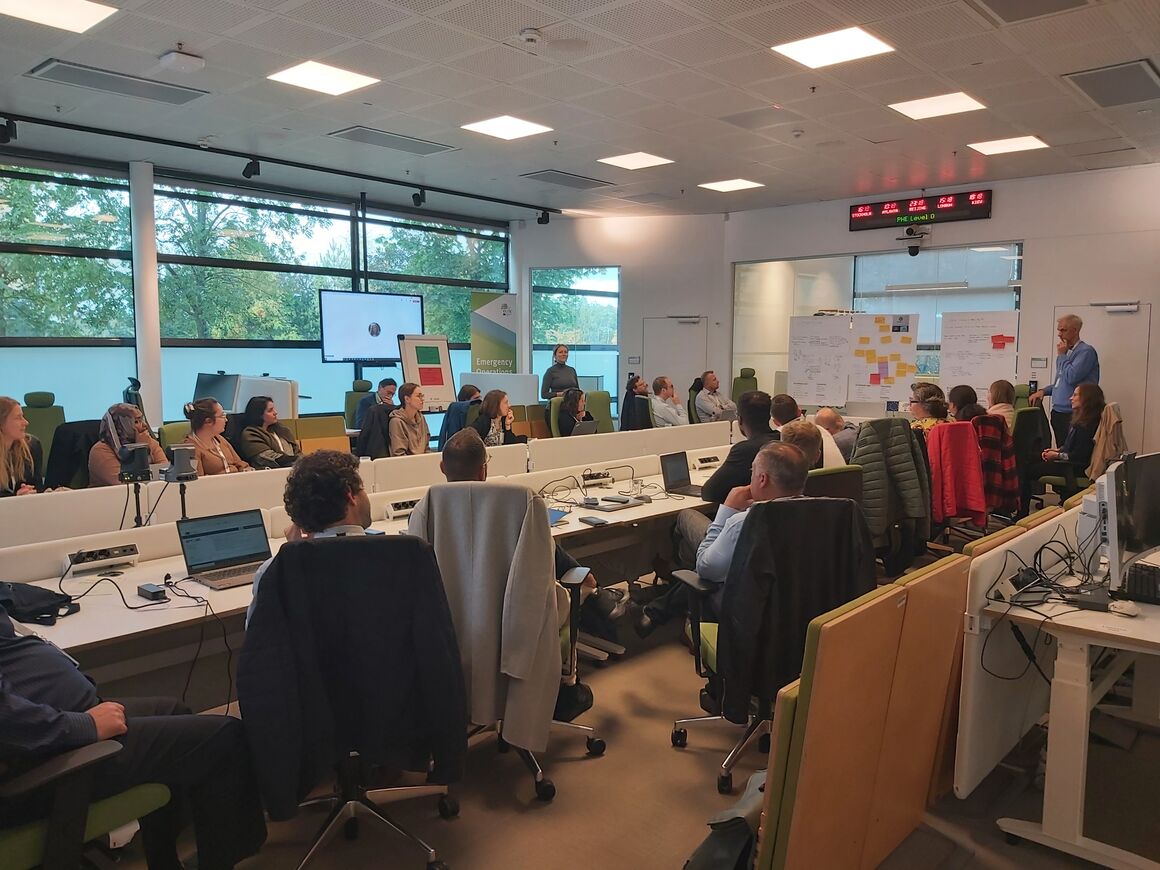First workshop on AI awareness for threat detection and epidemic intelligence
On 2-3 October 2024, 26 participants from 23 EU/EEA countries, WHO and the European Commission attended the first workshop on artificial intelligence (AI) awareness for threat detection and epidemic intelligence organised by ECDC.
Organised by the ECDC Epidemic Intelligence team with the technical support of Accenture through the implementation of the framework contract on general AI, the main objective of the workshop was to increase awareness and understanding of the opportunities AI brings to threat detection and epidemic intelligence.
Throughout these two days, participants increased their understanding of different AI techniques, including generative AI, identified common challenges in epidemic intelligence and mapped them to potential AI solutions. The workshop had a hands-on approach, enabling participants to experience key considerations on responsible AI and the AI Act when implementing AI for threat detection and epidemic intelligence. They also worked on generative AI tools and prompt engineering (how to ask questions to generative AI tools) and were presented with real use cases on the use of AI in different organisations.

An important outcome of this meeting was the ideation of potential AI solutions to address challenges identified in the breakout groups: increasing the efficiency of the screening process to detect public health events, automating the timely and tailored communication of public health threats, and creating an information retrieval system to deliver expert knowledge when managing acute infectious disease events. Furthermore, the participants received a compact and informative handbook on overarching AI techniques to solve some of the common challenges: classification, regression, clustering, computer vision, natural language processing and generative models.
It was agreed during the workshop that countries are at different stages in the implementation of AI and there are also different struggles which may affect the speed of implementing this technology. However, there were some common challenges highlighted, including the lack of knowledge from public health experts on the technology, the lack of a platform in which countries can share their initiatives and lessons learned, and the need for organising similar workshops with decision-makers at the country level.
As next steps, ECDC will prepare the report of the workshop to be shared with invited and attending participants and explore further initiatives to support countries in implementing this technology at the country level.




